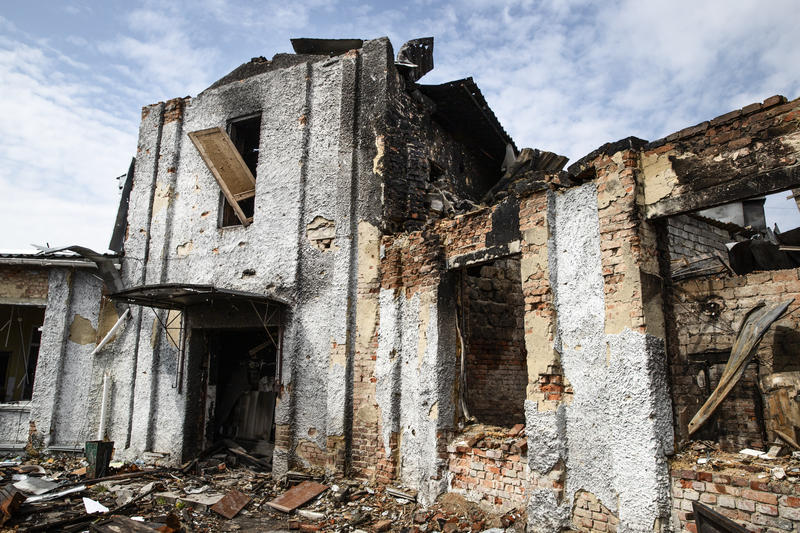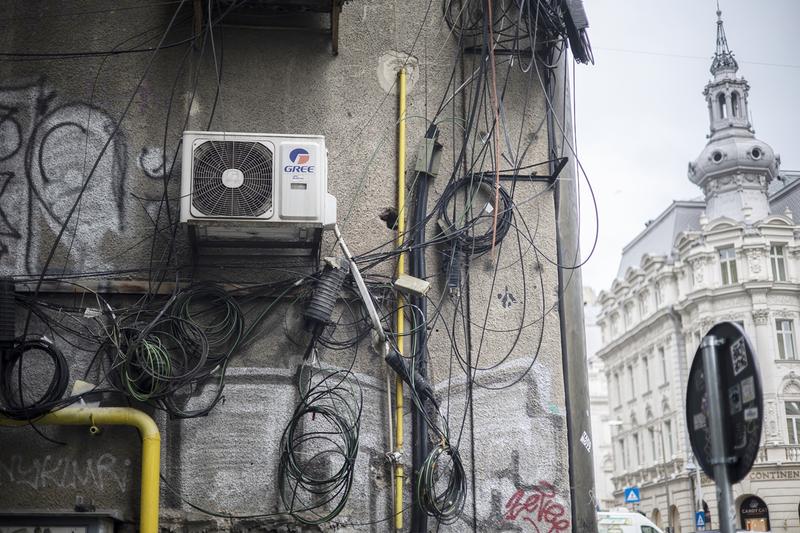The story of a Romanian who tried vainly to keep the American dream for himself. The tourism wars between Romania and Bulgaria. The struggle of cheated people to get their justice after they lost huge amounts of money in a financial system involving one of the richest Romanians. The way Romanians think of original products and forgeries. All in today’s newspapers.
Evenimentul Zilei retells the story of US citizen of Romanian-Hungarian descent Nicholas Bartha, the man blamed for bringing down a building in the core of Manhattan, NY earlier this week. He apparently used leaked gas to kill himself and destroy the building simultaneously in an explosion that had many remember the 9/11 terrorist attacks.
According to various sources quoted by international media, Doctor Bartha, 66, tried to put an end to his life by destroying the four-storey building he owned and which was to be put on sale to cover the money he should have paid to his ex-wife, whom he divorced several years ago, Evenimentul Zilei reports.
And it feels much of Bartha’s drama came to light in the e-mail he sent to his wife before blowing the building up.
While Bartha, currently in intensive care, risks a severe punishment for what he did, his story is quite relevant for a man of Romanian descent, who tried to achieve the American dream. In that e-mail, he told his wife of how Communists confiscated the properties of his family in Transylvania in 1947 - and he would not allow a repeat of such an abuse.
Another story of abuse is the locally notorious FNI case, in which thousands of people try to get back the money they lost in a financial scheme allegedly masterminded by Sorin Ovidiu Vantu, one of the richest Romanians, which collapsed early this decade.
According to Gandul, the whole process starts all over again because judges at the Appeals Court in Bucharest found the case had been solved “too fast” - after six years of confrontations between those who lost their money in the collapse of the National Investment Fund and the people convicted for the collapse.
How fishy things are in this story? Cotidianul reports some of the costs of the judicial procedures in the FNI case over the past several years: in 2005 alone, some 4.2 ROL were spent on postal stams and subpoenas for the 236,000 people who lost fortunes in the FNI. The money was spent all over again when the case was moved to the Appeals Court.
According to Cotidianul, the Court decision to send the case back to an inferior court brings the process at the stage of 2003.
Elsewhere in the newspapers, Evenimentul Zilei describes the situation of forged products on the Romanian market. According to official data presented yesterday, the products that are most likely to be forged for sale on the Romanian market are alcohol products, tobacco, and music and film CDs.
But the same newspaper shows Romanians are getting a stronger and stronger taste for original, renowned brands, as for 2006 some 80% of Romanians buy leisure clothes and over 50% of them renew their wardrobe according to branding criteria.
The need, the sales, the pleasure and the brand are the most important criteria in buying new clothes, according to Evenimentul Zilei.
Meanwhile, Adevarul focuses on the troubles of Romanian seaside resorts which, the newspaper insists, are hugely affected by flowed privatization several years ago.
The newspaper quotes Transport minister Radu Berceanu who believes the almost total lack of good services offered in Romanian hotels, most of them privatized several years ago, will be solved in time - but “it’s about a long and complicated period”.
Meanwhile, Romanians opt to spend their holidays in Bulgarian seaside resorts, Cotidianul writes, as the short distance there and a much more balance between prices and quality of services are making quite a difference. The newspaper reports demand has exceeded the expectations of Bulgarian operators, who had expected triple sales anyway.
And demand from Romanian tourists concentrates on 4- and 5-star hotels with all-inclusive offers.



















